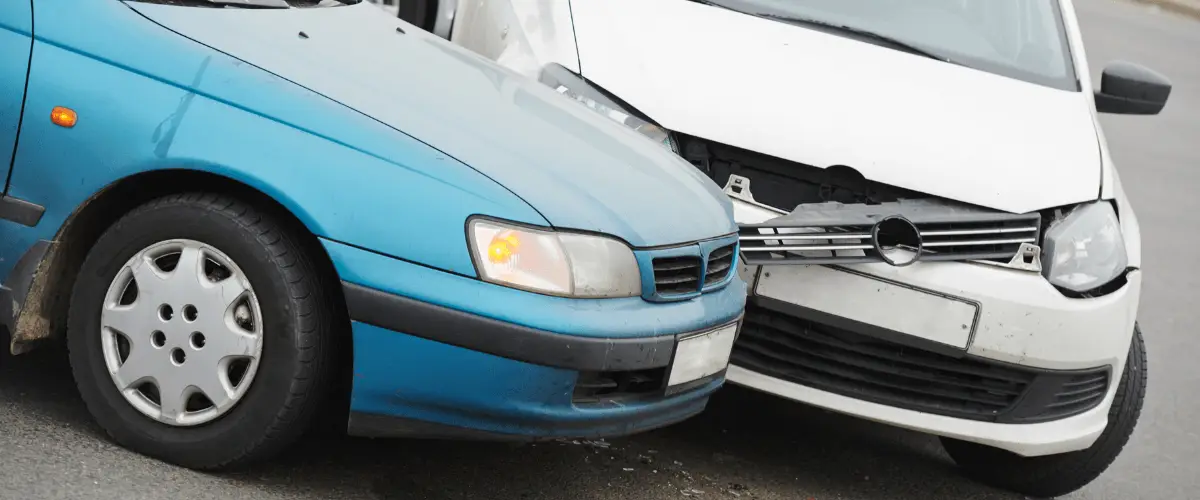What is a Collision?
In California, a collision refers to an event where two or more vehicles come into contact. This term is frequently used in legal and insurance contexts, and it can encompass various scenarios, including:
- Rear-end collisions: Common in heavy traffic or at stoplights.
- Side-impact collisions: Also known as T-bone accidents, these happen when one vehicle strikes the side of another.
- Multi-vehicle collisions: Involving three or more vehicles, which can complicate fault determinations.
In California, the driver found at fault in a collision is typically responsible for damages, as the state follows a “fault” insurance system.
What is a Crash?
A crash is a broader term that includes any unintended event involving a vehicle. This can encompass:
- Single-vehicle crashes: Incidents where only one vehicle is involved, such as hitting a tree or rolling over.
- Collisions: While collisions are a type of crash, not all crashes involve multiple vehicles.
- Accidents: This term can include scenarios like a vehicle veering off the road due to poor weather conditions.
In summary, while all collisions are crashes, not all crashes are collisions.
Key Differences Between Collision & Crash
1. Number of Vehicles Involved
Collision: Refers specifically to incidents involving two or more vehicles.
Crash: Can include one or more vehicles, making it a more inclusive term.
2. Implications of Fault
Collision: Involves determining fault, which is essential for insurance claims in California.
Crash: May not require a determination of fault, especially in single-vehicle scenarios.
3. Severity and Impact
Collision: Typically emphasizes the contact aspect of the incident and can lead to significant damage or injuries.
Crash: Often highlights the unexpected nature of the event, which might include serious outcomes.
Examples
To illustrate these differences:
Collision Example: Imagine driving in Los Angeles and getting rear-ended by a distracted driver. This is a collision, and since California is a fault state, determining liability is critical for filing an insurance claim.
Crash Example: If you’re navigating a wet road in Northern California and lose control, crashing into a guardrail, this is a single-vehicle crash. Here, fault may be less clear, as it could involve road conditions.
Importance in Insurance and Legal Contexts
Understanding the difference between collisions and crashes is vital for California drivers:
1. Insurance Claims
When filing a claim, you need to specify if the incident was a collision or a crash. This classification can affect how your insurance policy responds. For instance, collision coverage applies specifically to collisions, while comprehensive coverage may cover crashes involving non-collision incidents.
2. Legal Responsibility
In California, establishing fault in a collision is crucial for liability. Insurance companies will investigate collisions to determine who is responsible. In contrast, a crash involving no other vehicles may not face the same level of scrutiny regarding fault.
Conclusion
While “collision” and “crash” may seem similar, they have distinct meanings in the context of auto accidents for California residents. A collision involves two or more vehicles and requires determining fault, while a crash can refer to a broader range of incidents, including single-vehicle accidents.
By understanding these terms, you can better navigate insurance claims and ensure compliance with California driving laws. Stay safe on the road and remember these distinctions to help you handle any unexpected situations!
